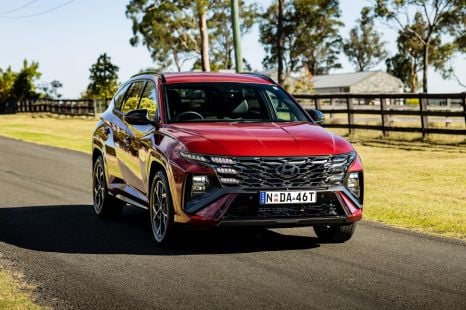

Matt Campbell
2026 Hyundai Tucson Hybrid review
7 Hours Ago
The EV Council has surveyed 741 Tesla owners to gain some insight into what it's like to currently own an EV in Australia.

Contributor
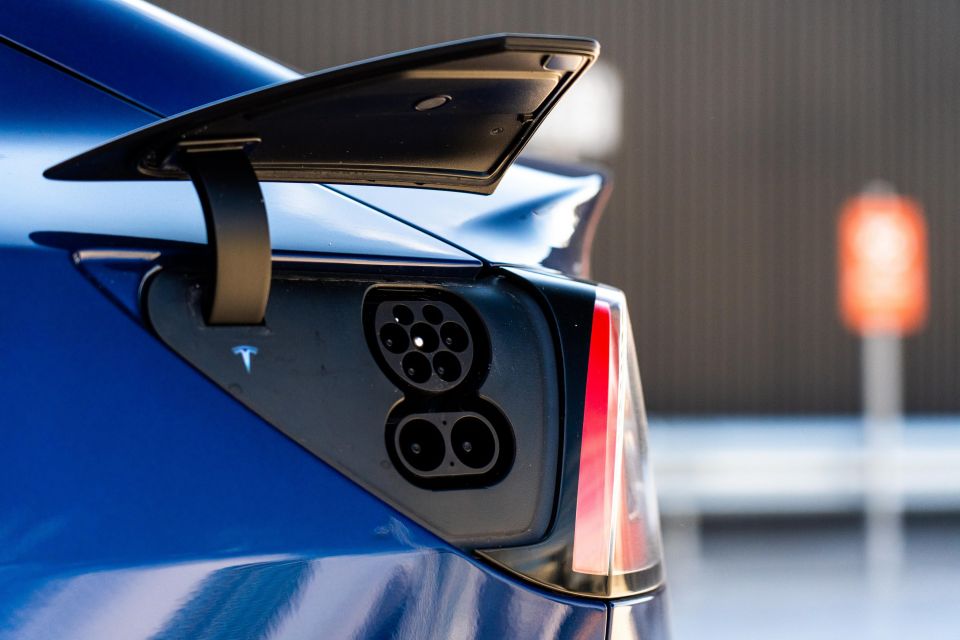

Contributor
The Electric Vehicle Council has partnered up with the Tesla Owner’s Club of Australia (TOCA) to create one of the largest surveys of electric vehicle (EV) owners in Australia to date.
In total, 741 Tesla owners responded to the self-reporting survey, which is said to be over 50 per cent of the total TOCA membership.
It’s worth noting that this survey was only conducted by Tesla owners, so it’s not completely representative of all EV drivers in Australia.
The survey provided information on vehicle owner demographics, charging behaviour, and total cost ownership, to help gain a better understanding of EV ownership.
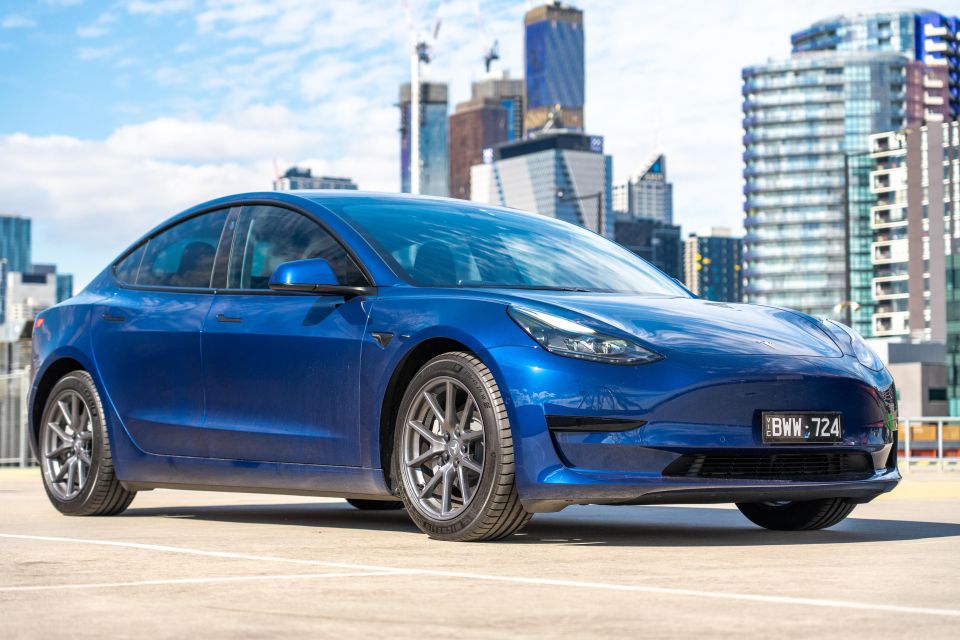
The hope is to assist policy-makers plan for future EV uptake, and to build on other research into Australian EV owner preferences.
A small majority (51 per cent) of respondents claimed to travel between 10,000 and 19,999km annually, which aligns with Australian Bureau of Statistics (ABS) data from 2020 indicating that the average passenger vehicle in Australia travels 11,100km in the year.
But a further 38 per cent said they travelled more than 20,000km per annum.
This result suggests that EVs are likely being driven at least as far as petrol and diesel internal-combustion engine (ICE) vehicles, which indicates that EV owners aren’t experiencing driving range limitations.
The EV Council has said that further data collection through the use of telematics may help shed further insight into the average distance travelled compared to ICE vehicles.
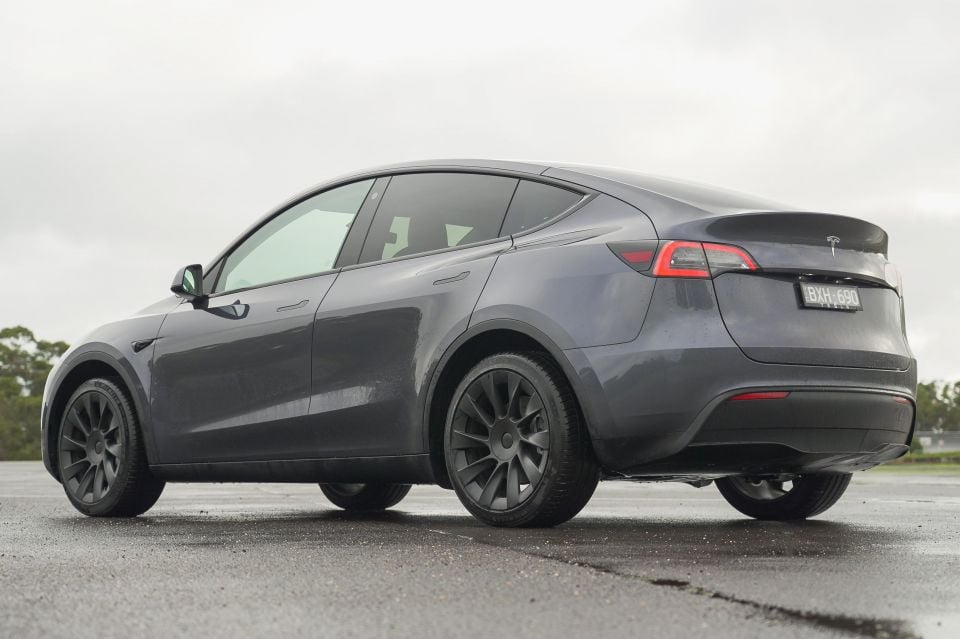
In addition, roughly 90 per cent of respondents reported using public chargers, such as Tesla Superchargers, Tesla destination chargers, and other DC chargers, less than one per week.
This suggests that the majority of charging by survey respondents is being done at home.
For those respondents that said they do charge at home, the survey found that over 25 per cent charge daily. This suggests that these at-home battery charges are smaller top-ups, instead of larger charging sessions.
In terms of fuel cost savings, the survey found that 48 per cent of respondents calculate their fuel savings from owning an electric car.
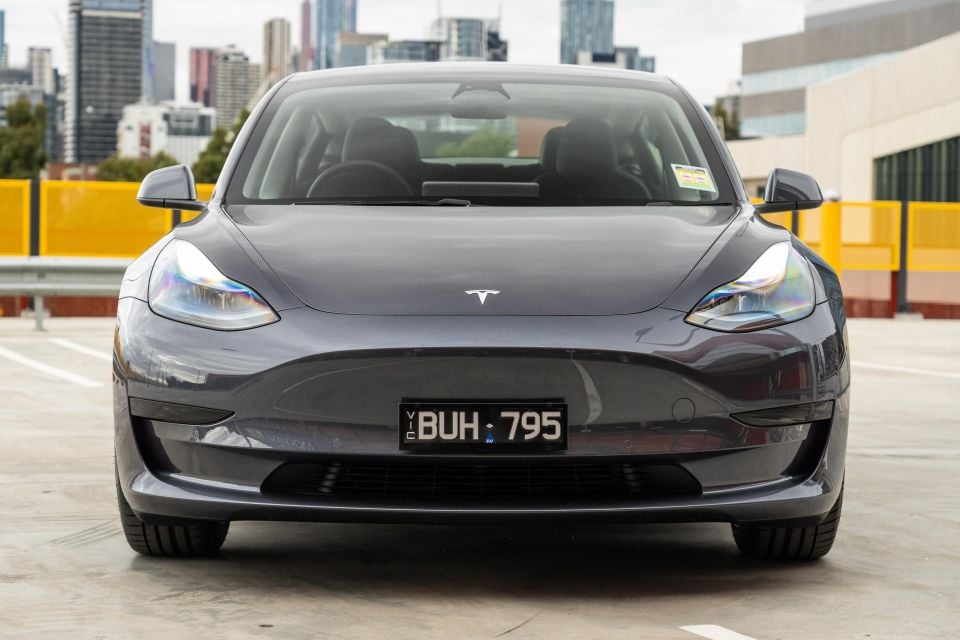
Of those that said they calculate their fuel savings, nearly 50 per cent of respondents identified that they save over $2000 per year.
In addition, 48 per cent of respondents said they calculate their servicing and maintenance costs compared to an ICE car.
Of those that said they calculate their maintenance savings, 41 per cent reported saving more than $1000 per year.
Around 65 per cent of respondents also said they don’t follow any maintenance schedule whatsoever. This is expected given Tesla vehicles don’t require formal logbook servicing.
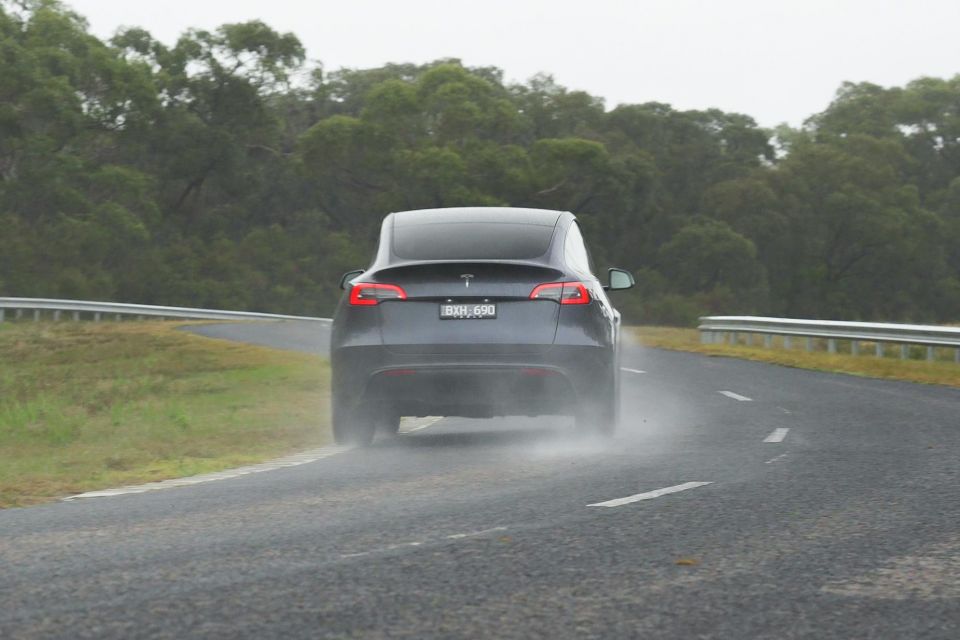
The EV Council has said that further research is required to better understand the components of maintenance savings for EV owners, and over what time period these savings are being calculated.
Another interesting fact that arose from this survey included that 51 per cent of respondents were aged between 50 and 69 years old.
Out of the 741 survey respondents, 731 said what make of vehicle they owned prior to purchasing a Tesla.
The most common brand reported by respondents was Volkswagen, with a share of almost 10 per cent, followed by Toyota (8.8 per cent), Mercedes-Benz (8.1 per cent), Subaru (7.1 per cent), and BMW (6.7 per cent).
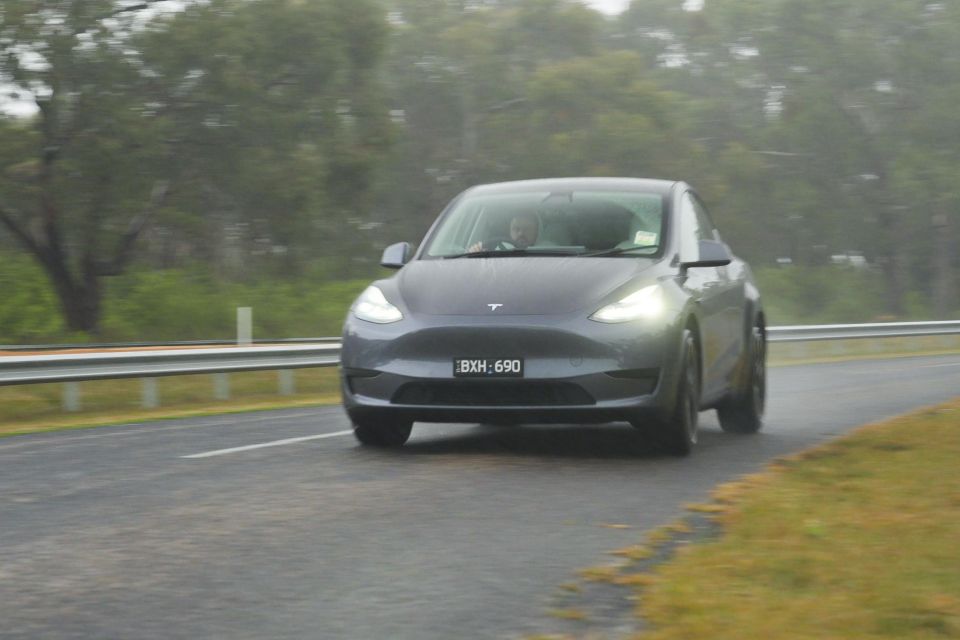
This survey of EV owners comes at a crucial time because the Federal Government is currently designing the country’s first, long-awaited National Electric Vehicle Strategy.
It recently released a promised consultation paper so that Australians can have their say on how policy settings might encourage local manufacturing of EVs, chargers, and other components; address the implications of declining fuel excise revenue, potentially through a road-user charge; and support charging infrastructure rollout.
While all of Australia’s States and Territories have various EV incentive plans in place, including the availability of cash rebates and tax cuts, the federal government has identified a lack of “coordination and alignment at the national level” that it says must be rectified.
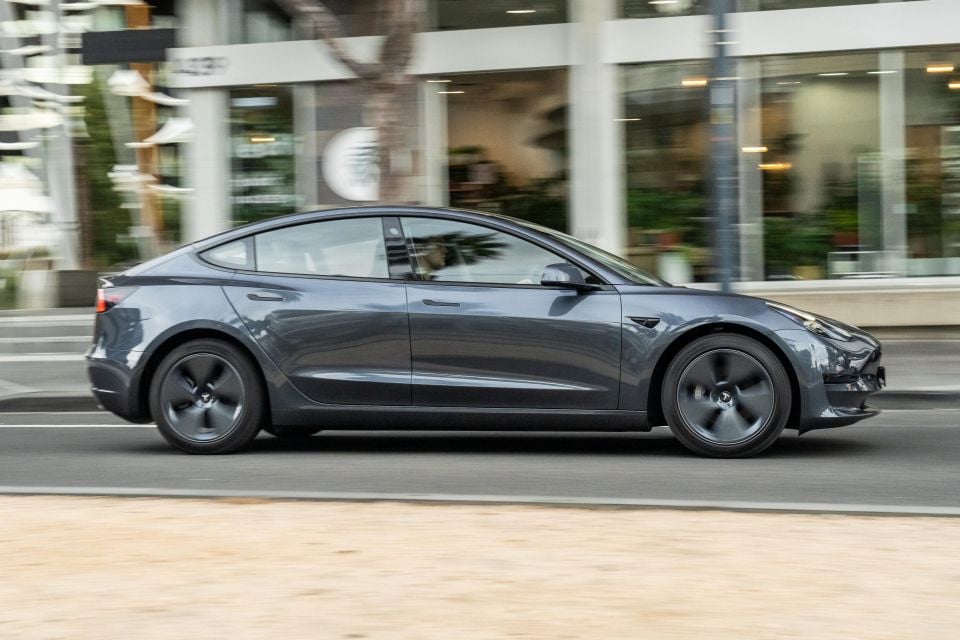
The core goals can be broadly defined as:
In a joint statement, Minister for Climate Change and Energy Chris Bowen and Minister for Infrastructure and Transport Catherine King said: “All Australians are encouraged to have their say on how we can transform Australia’s transport sector”.
The full 18-page consultation paper, which you can read here, will be taking submissions until October 31.
MORE: National EV Strategy: Government releases consultation paper
Jack Quick is an automotive journalist based in Melbourne. Jack studied journalism and photography at Deakin University in Burwood, and previously represented the university in dance nationally. In his spare time, he loves to pump Charli XCX and play a bit of Grand Theft Auto. He’s also the proud owner of a blue, manual 2020 Suzuki Jimny.


Matt Campbell
7 Hours Ago
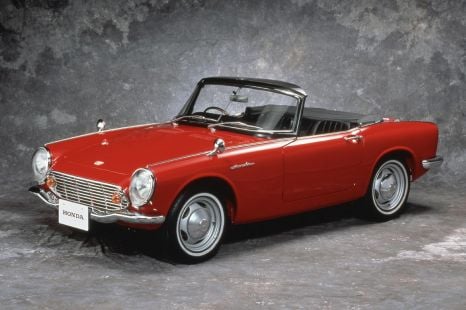

Max Davies
23 Hours Ago
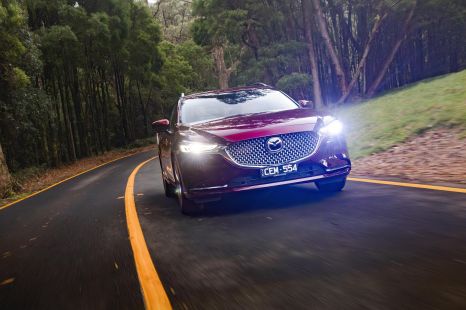

William Stopford
23 Hours Ago
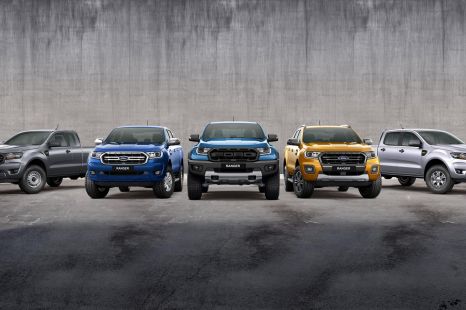

Derek Fung
23 Hours Ago
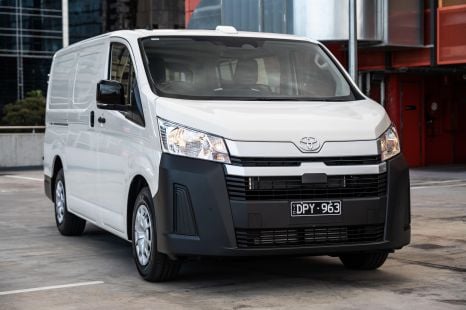

Max Davies
1 Day Ago
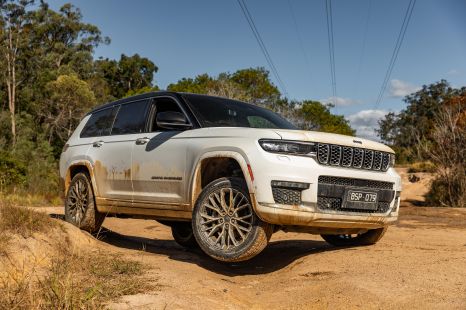

William Stopford
2 Days Ago